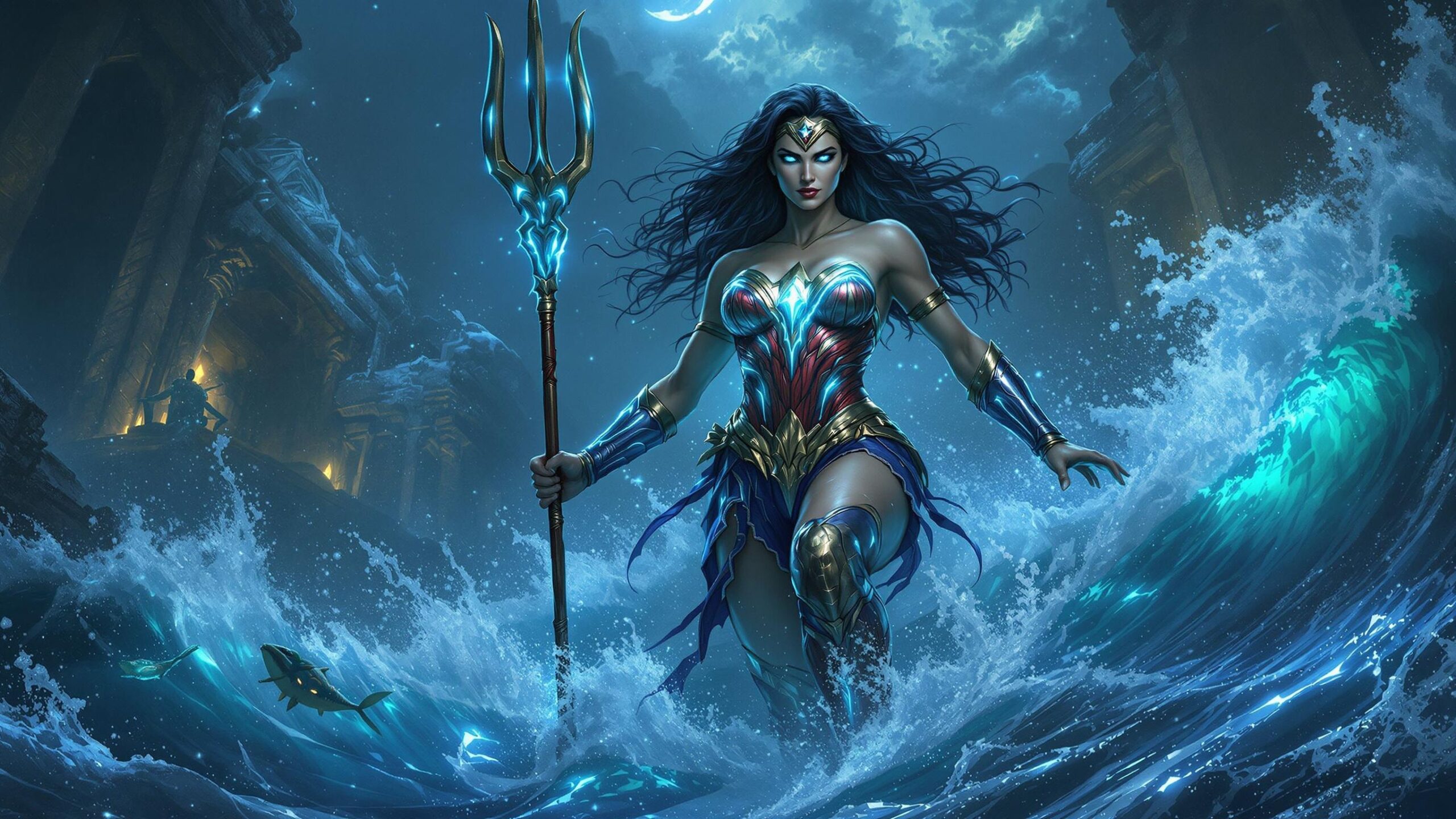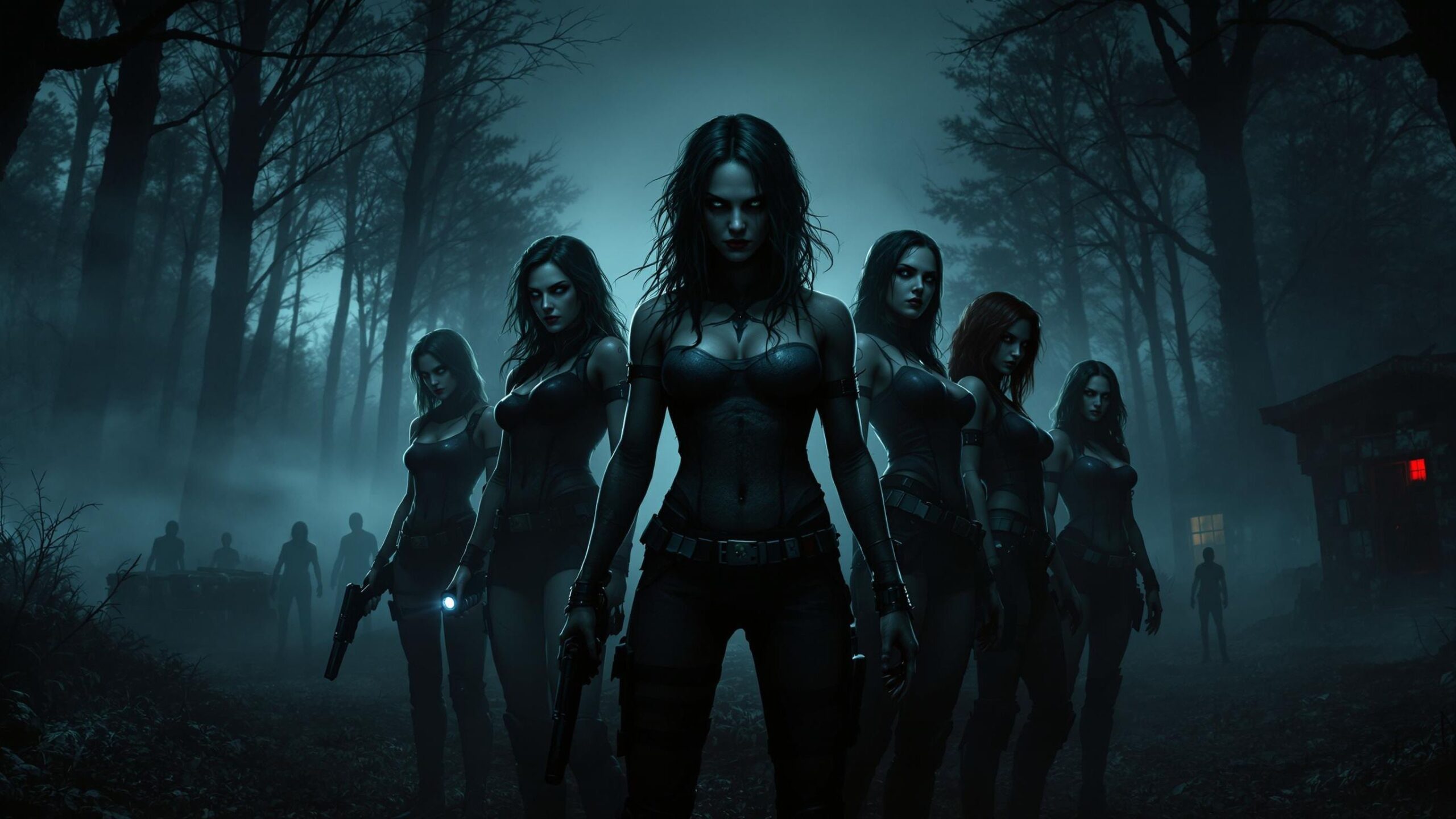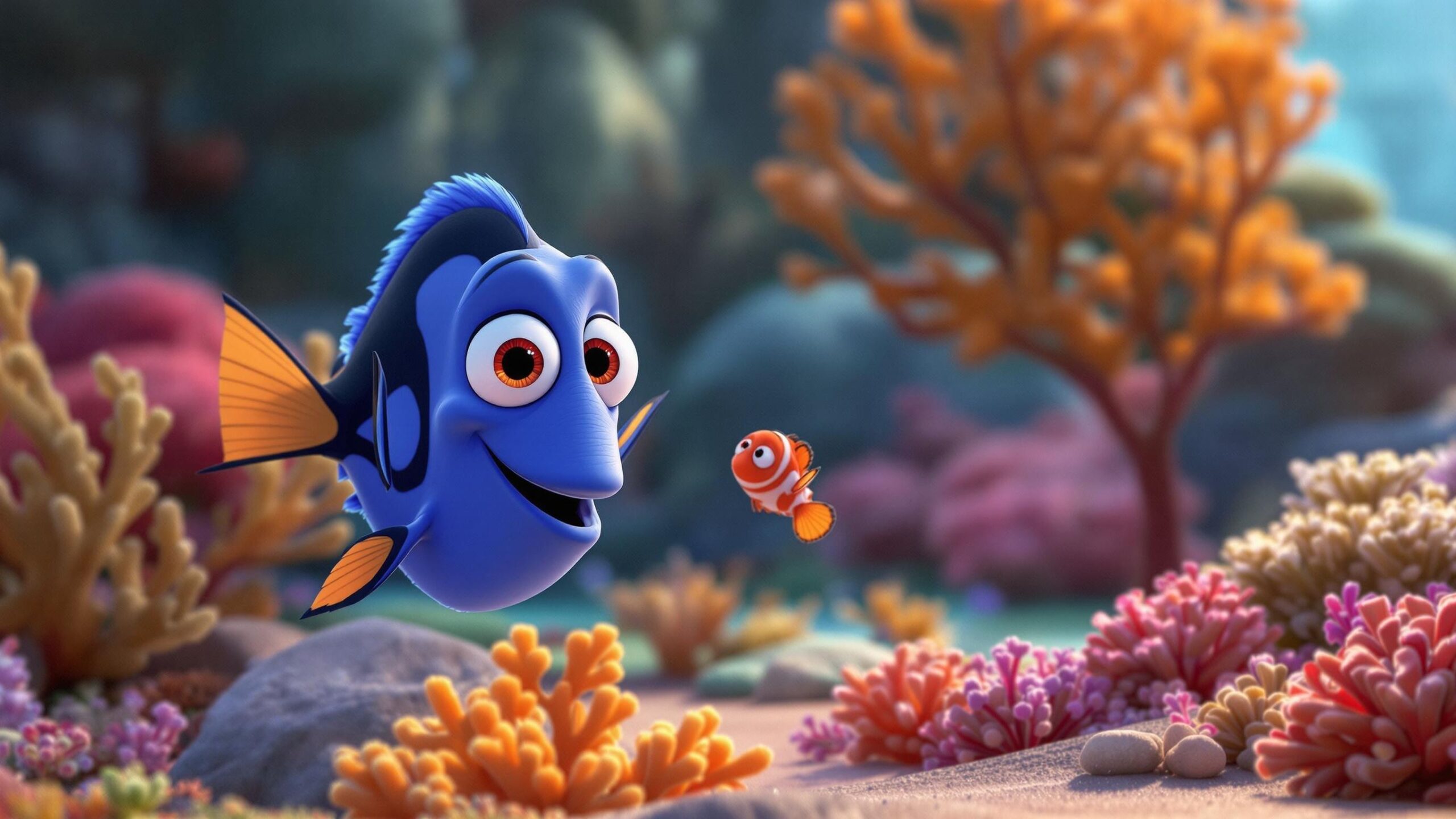Wonder Woman has always been a paragon of truth, justice, and compassion. But beneath her iconic tiara and golden lasso lies a mythos filled with gods, betrayal, secrets, and shocking revelations. Throughout her comic history, writers have dared to twist the truth behind Diana’s origins, relationships, and sense of purpose—transforming what readers thought they knew about the Amazon Princess into something startling and profound. These plot twists don’t just shock for shock’s sake—they challenge Wonder Woman’s identity, morality, and mythological roots, reshaping her world in dramatic ways. Here are the top 10 most shocking plot twists in Wonder Woman comics.
#1: Zeus is Wonder Woman’s Father
For decades, Wonder Woman’s origin was rooted in purity and mythic uniqueness—she was sculpted from clay by Queen Hippolyta and given life by the gods. That origin positioned her as a miracle, untouched by man, forged solely through love and divine will. Then came the New 52 reboot in 2011, which shattered that mythology. In a bold retcon, writer Brian Azzarello revealed that Diana was not made from clay at all. Instead, she was the secret daughter of Zeus and Hippolyta, born from a hidden affair. This twist didn’t just alter her backstory—it completely reframed her relationship with the Olympian gods and her place in the pantheon. Suddenly, Diana was no longer a divine creation but a demigod, with all the power—and baggage—that entails. It also introduced layers of deception within Themyscira, where the Amazons had hidden the truth for years. The revelation was controversial but undeniably compelling, giving Wonder Woman a tangible connection to the gods and placing her at the center of divine politics and power plays.
#2: Maxwell Lord’s Neck Snap
In the lead-up to Infinite Crisis, Wonder Woman was forced into one of the most morally harrowing moments of her career. Maxwell Lord, a seemingly reformed figure, was secretly mind-controlling Superman, turning the Man of Steel into a lethal weapon. The twist came when Diana confronted Max, bound him in the Lasso of Truth, and asked how to stop him. His answer: kill me. And she did. With no hesitation, Wonder Woman snapped Lord’s neck on live television, sparking outrage across the superhero community and among readers. This wasn’t just a shocking act—it was a public execution by the world’s most principled warrior. The consequences were seismic. Batman and Superman distanced themselves from her, the public lost trust, and Diana herself wrestled with the weight of her actions. The moment remains one of the most debated in DC history and forced readers to confront whether killing, in the name of peace, could ever be justified.
#3: The Truth About the Amazons
Wonder Woman’s entire belief system is built on the nobility and righteousness of the Amazons. They were the shining example of a society without war, built on wisdom, compassion, and strength. But in Azzarello’s New 52 run, that illusion was shattered. It was revealed that the Amazons—far from being peaceful and virtuous—would seduce sailors, kill them, and then trade their male children away to the god Hephaestus. This barbaric secret, long hidden from even Diana herself, forced her to question everything she believed about her people. It wasn’t just a shocking revelation—it was a betrayal. Suddenly, Themyscira wasn’t a utopia, but a place of deep moral compromise. For Diana, it meant redefining her loyalty and deciding whether to protect a legacy built on lies or forge a new truth. This twist redefined the Amazons from untouchable paragons into flawed, tragic figures—complicated and human in the most painful ways.
#4: Wonder Woman Becomes the Goddess of War
When Diana killed Ares in the New 52 continuity, she didn’t just remove a threat—she inherited a title. The twist that she would become the new God of War turned her from peacekeeper into an embodiment of conflict. At first, Diana resisted the title, believing it went against everything she stood for. But the gods had spoken, and fate had other plans. Over time, Diana began to exhibit new powers, from commanding armies to sensing and influencing conflict itself. Her struggle wasn’t just with divine destiny, but with her own fear of losing herself. Would she become what she hated? Could she redefine war through her own lens of compassion and control? This arc turned internal conflict into a cosmic dilemma, putting Diana at odds with herself, her family, and the very meaning of her mission. The twist recontextualized her role in the DC Universe—not just as a warrior, but as a walking paradox.
#5: Hippolyta’s Secret Affair
Wonder Woman’s relationship with her mother has always been one of deep trust and love. But in several storylines—especially post-New 52—Hippolyta is revealed to have kept massive secrets from Diana, the most devastating being her affair with Zeus. Hippolyta concealed Diana’s true parentage, claiming the clay origin myth was real to protect her daughter. While intended to shield her from divine manipulation, the lie created a rift between mother and child. This twist wasn’t just about divine drama—it was a deeply personal betrayal. Diana’s discovery of her real father didn’t just raise questions about her powers—it called into question the honesty and values of the woman she revered most. The fallout rippled through their relationship, coloring every future interaction with tension. For readers, it reframed Themyscira as a place of secrets, not sanctuary, and made Diana’s journey toward truth all the more compelling.
#6: Wonder Woman Is Not the Only Wonder Woman
In the Rebirth era storyline “The Lies” by Greg Rucka, readers were stunned by the revelation that the Wonder Woman they had followed in the New 52 continuity might not be the real Diana at all—or at least not the original. The twist came during Diana’s confrontation with her own fragmented memories and the manipulations of the gods and Dr. Veronica Cale. It was revealed that Diana had been manipulated into believing false memories, even about her own origins, missions, and relationships. To make matters more shocking, an alternate version of Wonder Woman had been created as a decoy, leading a double life in her name. The existential twist forced Diana to confront the notion that her life had been a fabrication—or at least, that her perception of reality had been deeply tampered with. It challenged the very foundation of her iconic identity as the one true Wonder Woman. For readers, it was a profound meta moment that tied into themes of identity, legacy, and truth—core components of Diana’s mythos. It also allowed DC to reconcile conflicting continuities while giving Diana a deeply personal crisis that pushed her heroism beyond physical strength.
#7: Wonder Woman Kills Mera (Injustice Universe)
In the alternate timeline of Injustice: Gods Among Us, where Superman becomes a tyrant following the death of Lois Lane, Wonder Woman plays an unexpectedly dark role. In this universe, Diana supports Superman’s totalitarian regime and increasingly embraces authoritarian methods in the name of global peace. The shocking moment comes during a confrontation with the Atlanteans, where Diana kills Mera—Aquaman’s queen and beloved partner—during battle. What makes the moment so chilling is not just the brutality, but the cold justification Diana gives. In contrast to her mainstream counterpart, this Wonder Woman is willing to make sacrifices, even of friends and allies, to maintain control. Her role in the regime draws a harsh line between idealism and fanaticism, challenging readers to question how far is too far, even for a so-called hero. Mera’s death is more than a tragic loss—it symbolizes the death of the compassionate Amazon Diana once was. It’s a dark twist that speaks volumes about the corruptive influence of absolute power, especially when wielded by someone who once stood for love and mercy.
#8: The True Origin of Donna Troy
Donna Troy’s origins have always been convoluted, with multiple contradictory versions over the years. But one of the most jaw-dropping twists came in the Titans Hunt and Wonder Woman story arcs, where it was revealed that Donna was not a natural-born Amazon, but a magical construct created by the Amazons as a weapon—specifically, a perfect warrior to eventually replace Wonder Woman. This twist stunned readers who had long viewed Donna as Diana’s younger sister or spiritual heir. Instead, she was a manufactured being, with memories and emotions implanted as part of her programming. The psychological impact on Donna was immense—she questioned her humanity, her place among the Amazons, and whether any part of her life was real. For Wonder Woman, the betrayal was equally painful. Her people, whom she defended for decades, had created a “sister” with the intent of weaponizing her. This revelation elevated Donna’s character complexity and added a tragic, Frankenstein-esque undercurrent to her role in the DC Universe.
#9: Wonder Woman Was the First Superhero (Secret History)
In the DC Rebirth storyline Wonder Woman: Year One and its surrounding arcs, another surprising twist was revealed through Steve Trevor and various mythological flashbacks: Wonder Woman was the world’s first superhero. Long before Superman landed on Earth or Batman donned the cape, Diana ventured into the world of men during World War I or II (depending on the continuity). She inspired the creation of future heroes—her sense of justice, her defiance of war, and her compassion helped shape the modern concept of the superhero. While this isn’t a twist in the traditional sense, it’s a retcon that dramatically shifts the hierarchy of the DC Universe. Rather than Superman being the first and most iconic, Diana holds the distinction of being the original symbol of heroism. The retelling adds mythological weight to her legacy and repositions her as a foundational pillar of the superhero age—not just part of the Trinity, but the one who unknowingly birthed it.
#10: Diana Leaves the Justice League
One of the most unexpected and emotional twists in Wonder Woman’s history occurred during Brad Meltzer’s Justice League of America run, when Diana voluntarily leaves the League. Following internal conflicts, moral disagreements, and guilt over killing Maxwell Lord, Diana realizes that her place among the League has become compromised. The shocking aspect isn’t that she leaves—it’s that she does so of her own volition, in a moment of self-awareness that few heroes achieve. Her departure isn’t filled with drama or anger—it’s quiet, personal, and deeply reflective. Diana steps away because she no longer believes she can be both a warrior and a diplomat within the League’s framework. The twist is not about betrayal or battle—it’s about emotional honesty. For a character so rooted in myth and power, this very human moment was striking. It emphasized that Diana’s greatest strength isn’t her godlike abilities—it’s her capacity for introspection, growth, and personal truth. Her choice to leave, not out of weakness but of wisdom, reinforced why she remains one of the most respected figures in comics.




